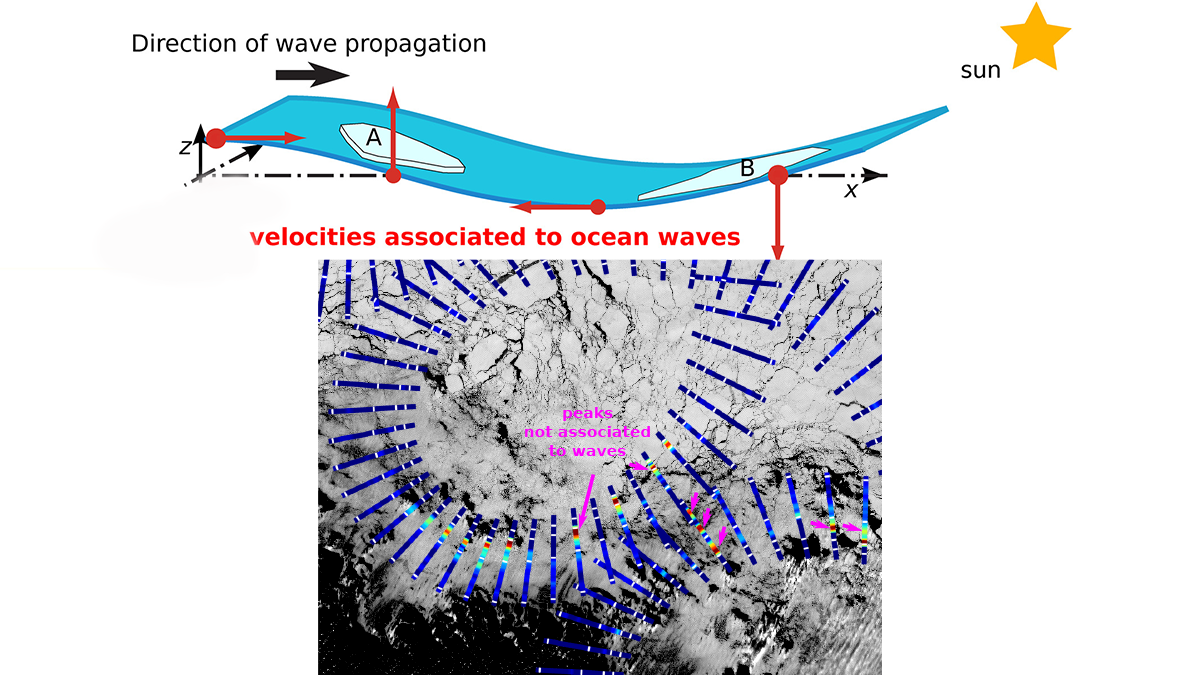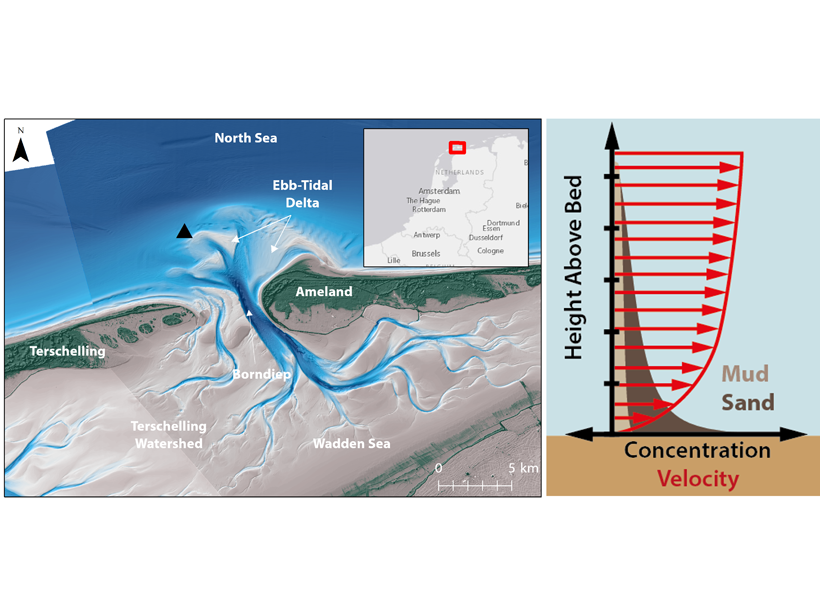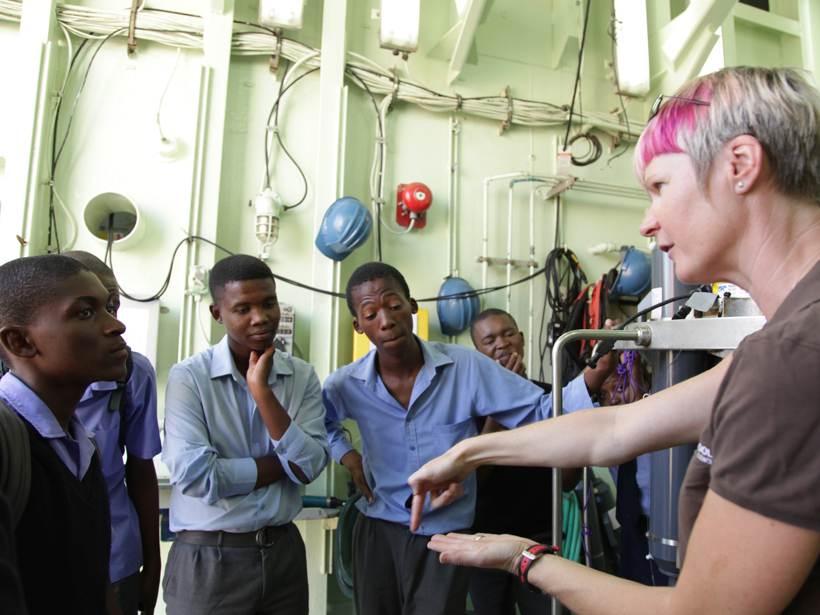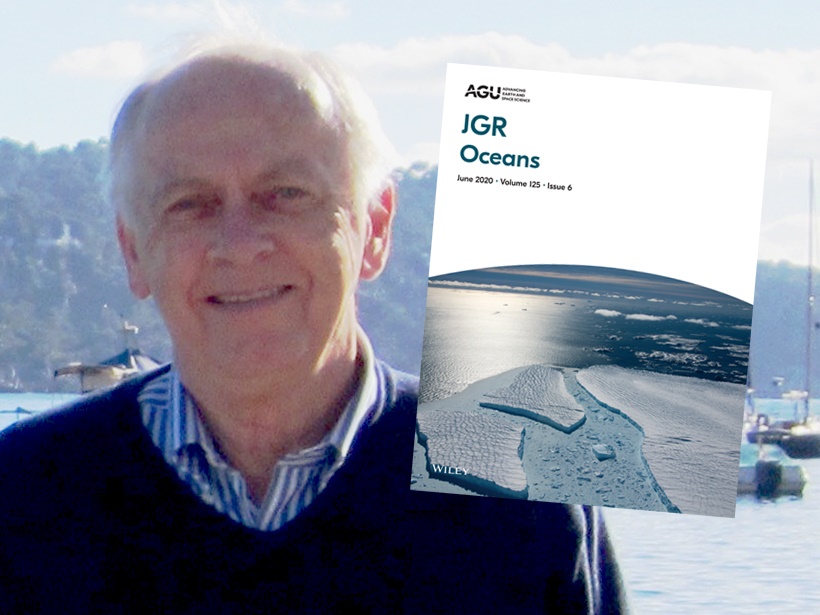A new method for using satellite observations from multiple sensors improves measurements of ocean waves as they propagate through and interact with sea ice.
Journal of Geophysical Research: Oceans
An Ocean Surface Layer with Potential
The depth of the ocean’s surface mixed layer is typically defined based on density thresholds. However, a more physically appealing definition can be constructed from potential energy considerations.
Hidden Upwelling Systems May Be Overlooked Branches of Ocean Circulation
New research suggests that overlooked upwelling systems in western boundary currents play a role in transporting nutrients, carbon, and heat in the global ocean.
Nonlinear Effects of Wind on Atlantic Ocean Circulation
Simulations reveal the influence of reduced and enhanced wind stress on the Atlantic Meridional Overturning Circulation.
Unravelling Sands and Muds Suspended in Coastal Environments
A new study uses the response of optical and acoustic measurements to derive a sediment composition index for prediction of the relative fractions of mixed sediments in suspension.
Monitoring the Agulhas Current Through Maritime Traffic
Researchers turn to the shipping industry for data on ocean surface currents.
Rastreando cómo se mueve el plástico en el océano costero
Investigadores utilizaron un tanque de olas para estudiar el movimiento de partículas de plástico de forma experimental y comprender el papel de la densidad de partículas en el comportamiento de deriva.
Introducing the New Editor in Chief of JGR: Oceans
Find out about the person taking the helm of Journal of Geophysical Research: Oceans and her vision for the coming years.
The View from Six Years Atop the Masthead of JGR: Oceans
The outgoing editor in chief of JGR: Oceans reflects on his tenure and developments in ocean science research over recent years.
Wind Stress is not the Ceiling of Momentum Flux to the Ocean
The ocean is mainly driven by wind stress, but simultaneous observations show that the gain of momentum flux by the ocean can be larger than the wind stress due to the influence of ocean waves.










